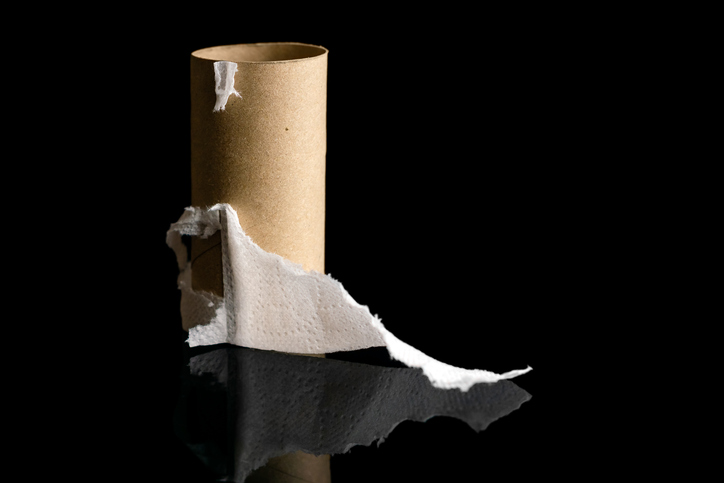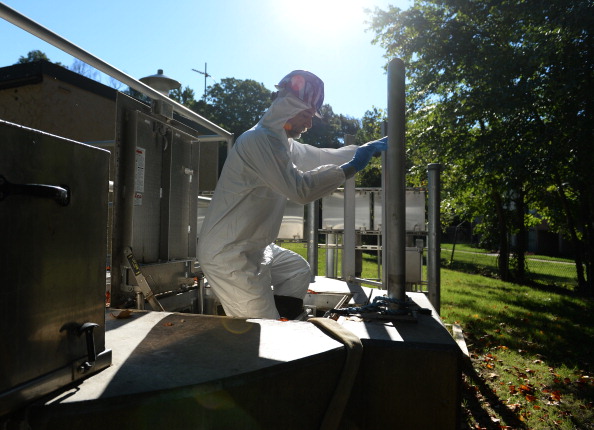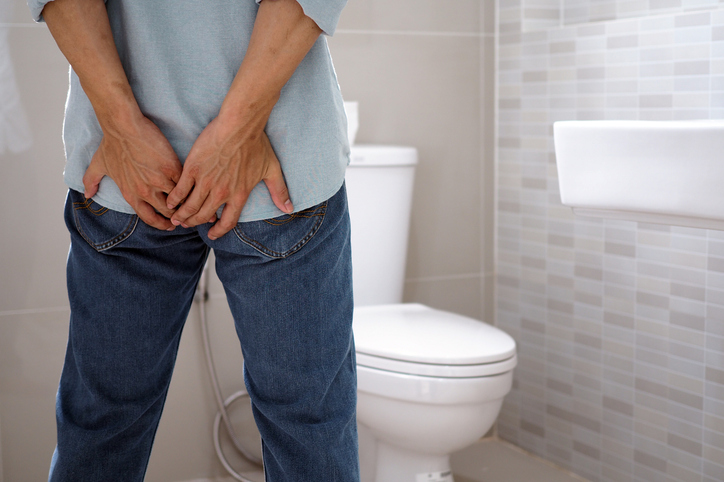Do We Really Need Flushing Regulations? The Wipe Debate
Do We Really Need Flush Regulations? The Wipe Debate

Source: Tatiana Stepanishcheva / Getty
We’ve got another bathroom bummer on our hands. Clogs, overflows, and floods—what a stinky situation! It’s time for someone to give a courtesy flush or cut down on the paper. Perhaps, the real culprit might be a wipe that’s not flushable.
Flushable wipes have become the new sidekick to toilet paper. But here’s the dirty truth: despite the “flushable” label, these wipes can clog up you’re plumbing faster than you can say, “Who left the seat up?” Unlike toilet paper, which breaks down, most flushable wipes are built tough, often with non-degradable plastic. That means they’re not going down without a fight.

Source: Anna Pogrebkova / Getty
Ryerson University decided to put these wipes to the test. They flushed 23 different products down the metaphorical drain and found that not one could break down properly. Talk about plumbing pandemonium!
Flushing Laws
Some states across the U.S. are trying to plunge this back-up and prevent sewer snafus. Massachusetts, Colorado, and Hawaii are the latest to push for new laws. Meanwhile, states like Washington, Oregon, California, and Illinois have already created “Do Not Flush” laws. California even requires a public education campaign to keep things flowing smoothly.

Source: The Washington Post / Getty
Michigan’s also hopping on the toilet train. House Bill No. 4596 is set to clean up the wipe game with “DO NOT FLUSH” warnings and penalties for those who don’t follow the rules. Over the past six years, Oakland County has experienced 474 clogs at pump stations due to wipes, costing taxpayers approximately $134,000.

Source: EyeEm Mobile GmbH / Getty
Indiana, on the other hand, hasn’t made a splash with any laws addressing flushable wipes. You’re free to freshen without big brother watching.

Source: EyeEm Mobile GmbH / Getty
It’s toilet turbulence. In some states, the government is literally going down the toilet. Do you think these laws will rinse out the problem or is it a sanitary slip-up?

















